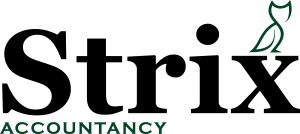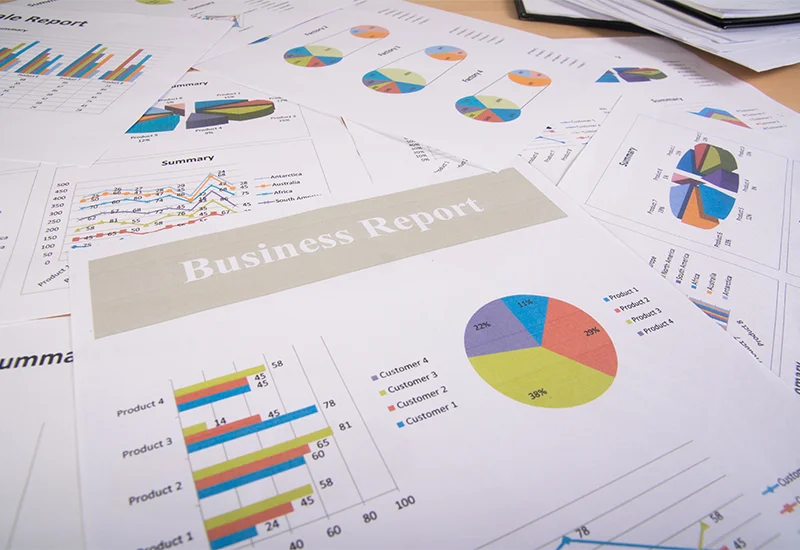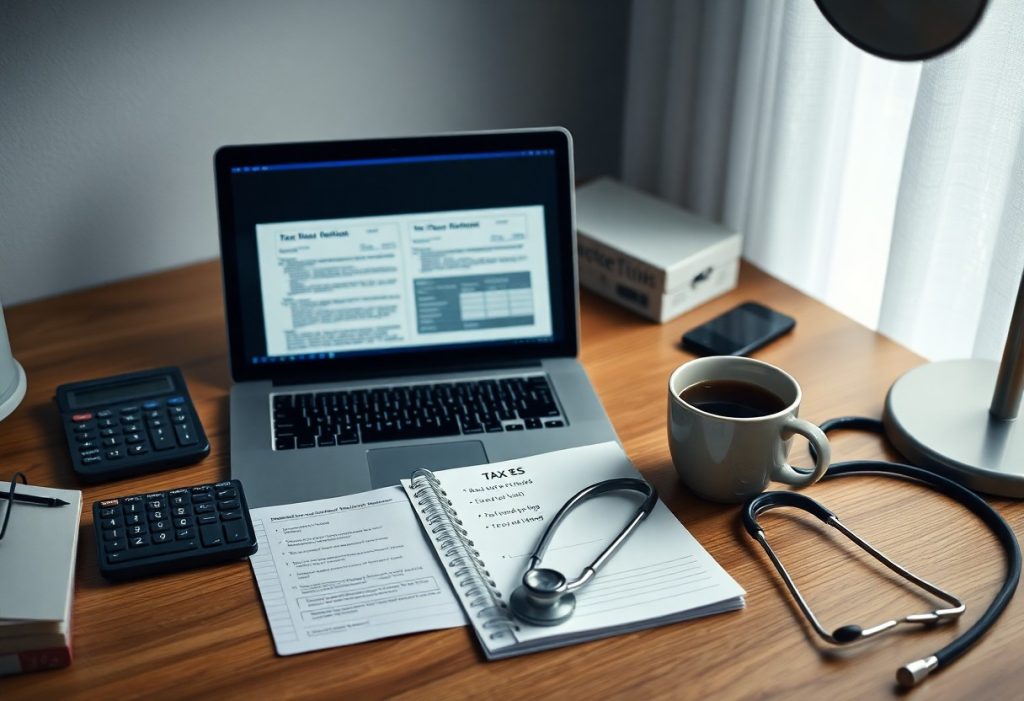What Expenses Can a GP Practice Claim in the UK?
With a growing number of financial responsibilities, understanding what expenses you can claim as a GP practice in the UK is important for maintaining your financial health. You can deduct various business-related costs, including salaries, equipment, and premises expenses. Knowledge of these claims not only helps you optimise your tax return but also ensures compliance with HMRC regulations. In this post, we’ll explore the types of expenses you can legitimately claim to keep your practice financially stable.
Key Takeaways:
- GP practices can claim expenses related to staff salaries, rent, and utility bills as part of their operational costs.
- Medical equipment, supplies, and professional development training for staff are also allowable claims to ensure quality patient care.
- Expenses incurred for maintaining premises, such as cleaning and maintenance services, as well as specific software for managing patient records, can be included in claims.
The Financial Landscape of GP Practices
GP practices operate within a complex financial environment, shaped by a mix of public funding and private revenue streams. The primary income for many practices comes from the NHS, which reimburses practices for services provided to patients under primary care contracts. This income can fluctuate based on patient numbers, the types of services offered, and even changes in government policy. For a typical GP practice, contractual payments account for roughly 60-80% of total income, with the remainder sourced from private consultations, ancillary services, and enhanced services agreements.
Moreover, understanding the evolving financial landscape is vital for effective practice management. With increasing costs related to staffing, equipment, and facilities, practices need to be proactive in ensuring sustainable income streams. Many practices are also exploring new revenue avenues such as telemedicine, which has gained popularity, especially post-pandemic. By diversifying income sources, practices can better navigate financial pressures and invest in improvements that enhance patient care.
Understanding the Income Sources
Your income as a GP practice originates primarily from NHS funding, which is influenced by the number of registered patients, clinical activities rendered, and the specific contracts in place. Clinical commissioning groups (CCGs) allocate funds based on these factors, which implies that understanding your patient demographics and service utilisation can directly impact your financial health. Additionally, supplementary income may arise from delivering services under enhanced service contracts or engaging in local healthcare initiatives, all of which can supplement your baseline funding.
Private patient consultations can also play a significant role, particularly as you seek to balance funding risks associated with NHS contracts. By offering services such as vaccinations, health screenings, and minor surgical procedures on a private basis, you can not only create an additional revenue stream but also enhance patient choice and service flexibility. Hence, a comprehensive overview of various income sources is vital for your practice’s financial strategy.
The Importance of Claims in Practice Viability
The financial viability of your GP practice hinges significantly on effective expense claims. Every eligible expense you claim contributes to your bottom line, enabling you to reinvest in facilities, staff, and patient care initiatives. Frequent and accurate claims help mitigate the ongoing costs that come with practice management, which can create financial strain if not appropriately managed. In some cases, practices that fail to maximise their claims may find themselves operating at a loss or struggling to make necessary upgrades to their services, which could ultimately affect patient satisfaction and retention.
Regularly reviewing and submitting expense claims is not just a procedural task; it is an integral aspect of maintaining a healthy financial status for your practice. Proper documentation and awareness of which expenses can be claimed can lead to significant savings. For example, claiming for specialty training sessions, IT costs, or medical supplies directly impacts your cash flow and helps maintain operational continuity. Additionally, engaging with financial advisors or accountants who specialise in GP practices can further enhance your understanding of income and expense management, ultimately ensuring the long-term success of your practice.
Essential Claimable Expenses for GPs
Clinical Equipment and Supplies
Your GP practice relies heavily on clinical equipment and medical supplies to deliver effective patient care. Whether it’s stethoscopes, diagnostic tools, or imperative consumables like bandages and syringes, these items form the backbone of your operations. You can claim back the costs associated with purchasing or leasing this equipment, provided it is used exclusively for your practice. Additionally, routine maintenance and repairs to keep equipment in optimal working condition can also be claimed, reducing your overall operational costs.
Investing in technology, such as electronic health record systems and telemedicine tools, can also be deemed a claimable expense. These digital innovations not only enhance patient care but may also lead to increased operational efficiency, ultimately benefiting your practice financially. Documenting all transactions thoroughly will help ensure you’re maximising your eligibility for these expenses.
Staff Salaries and Training Costs
Expenses related to staff salaries form a significant portion of your practice’s operational budget. It’s vital to ensure that you consistently pay your team, from nurses to administrative staff, as their contributions are imperative to maintaining a smooth workflow. Salaries, wages, and any associated national insurance contributions can be claimed, ensuring that staff are compensated fairly while enabling you to recoup these expenses against your practice’s income.
Furthermore, investing in staff training and development is an expense that you can also claim. Whether it’s mandatory training, such as first aid or safeguarding, or professional development courses to enhance skills, these costs not only demonstrate your commitment to continuous improvement but can also yield long-term benefits for your practice. Encouraging professional growth can lead to a more productive team and improved patient outcomes, creating a stronger practice overall.
Consider allocating a budget specifically for ongoing training to help your staff stay updated with the latest practices in the healthcare sector. This proactive approach not only strengthens your team’s competencies but can also enhance your practice’s reputation, ultimately leading to increased patient trust and satisfaction.
Premises and Operational Overheads
The costs associated with maintaining your practice’s premises are another vital area for claimable expenses. This encompasses everything from rent or mortgage payments on your practice’s property to utility bills including electricity, water, and heating. As you ensure that your practice provides a welcoming and efficient environment for patient care, keep track of all related expenses, as these can significantly impact your financial health.
Additionally, other operational costs, such as cleaning services and security measures, can also be included in your claims. Investing in a clean, safe environment helps maintain regulatory compliance and enhances patient comfort, making these expenses worth the investment. Consistently documenting and tracking these costs will be crucial in ensuring you maximize your claims.
Navigating Tax Deductions and Reliefs
Delving into tax deductions and reliefs can provide significant financial advantages for your GP practice. The ability to claim various expenses not only reduces your taxable profit but can also enhance the overall efficiency of your operations. Central to this is understanding how to optimise your claims, ensuring that you maximise the benefits available under UK tax law. Consulting with a tax professional can offer tailored insights, helping you manoeuvre through the complexities associated with various forms of deductions suited to your practice’s unique needs.
Practical examples of common deductions involve expenses linked to your premises, equipment, and specific operational costs. Depending on your circumstances, some practices may also qualify for special reliefs or incentives, such as enhanced relief for research and development activities. To fully leverage these opportunities, familiarity with HMRC guidelines, coupled with detailed record-keeping, becomes necessary.
Capital Allowances on Medical Equipment
Capital allowances allow you to reclaim a portion of the money spent on capital assets, such as medical equipment, which is vital in maintaining the high standards of care expected from your practice. For instance, if you invest in advanced diagnostic machinery worth £25,000, you could potentially write off a significant proportion of this amount against your taxable income. The Annual Investment Allowance (AIA) permits you to claim up to 100% of eligible capital expenditure, significantly benefitting those practices upgrading or expanding their equipment.
Once you possess the necessary evidence of your asset purchases, calculations can be straightforward. The AIA applies in full to the majority of cases, whereas for large investments exceeding £1,000,000, the balancing allowances can contribute positively. Keeping detailed invoices and asset records is necessary, enabling a seamless claim process and maintaining compliance with HMRC requirements.
Specific Allowances for Home-Based Practices
If your practice operates from a home office, specific allowances tailored to your circumstances can lighten the financial load. Claims related to your home can include portions of utility bills, home insurance, and even the cost of improvements, such as renovation works required to provide adequate professional space. These allowances recognise that not all medical practices function within traditional commercial premises, opening pathways for those operating from home to claim legitimate expenses.
As a home-based practitioner, you might find it helpful to calculate the proportion of your home used for professional activities—this forms the basis of claims for household expenses. The simplified expenses method enables you to claim a flat rate depending on the number of hours you work from home each month. For example, if you work at least 25 hours a month, you could claim £10 a month for associated costs, while higher usage could allow you to increase your claim to £18 or £26 per month. This system not only streamlines the claims process but also ensures you receive appropriate relief that considers the unique nature of your practice.
Strategic Financial Planning for Optimal Claims
Documenting and Recording Expenses Efficiently
A robust system for documenting and recording expenses can significantly streamline your claims process. Use accounting software that allows for comprehensive tracking of your GP practice’s expenditures. This includes categorising expenses by type—such as medical supplies, personnel costs, and utility bills—making it easier to compile reports when needed. Regularly updating your records not only keeps you informed about your financial status but also ensures that you don’t overlook any deductible items come tax time.
Implementing a clear filing system can enhance efficiency further. Consider an organised digital filing system where scanned receipts and invoices are stored by date and category. This method will save time and minimise the risk of losing important documentation. Additionally, involving your team in this process by providing training will foster accountability and increase accuracy in expense tracking.
Engaging with Financial Advisors
Seeking expertise from financial advisors can significantly bolster your understanding of allowable expenses and optimise your claims process. Financial advisors, particularly those with experience in healthcare practices, can provide tailored strategies that consider not just the current landscape but also future financial planning. They can help interpret complex tax laws and ensure that your practice benefits from all available deductions, ultimately improving your bottom line.
Financial advisors can also assist with budgeting, helping you allocate resources wisely while ensuring that you maintain an adequate safety net for unforeseen expenses. Engaging with someone who is intimately familiar with the financial intricacies of GP practices can illuminate opportunities you might otherwise overlook. With their guidance, you can not only enhance your current claims but also set up your practice for sustained financial success.
The Future of GP Practice Expenses in an Evolving Healthcare System
Financial Policy Changes and Their Impacts
The landscape of healthcare financing is shifting, with ongoing reforms often aiming to streamline funding and enhance the quality of service delivery. As a result, financial policies may impact your GP practice significantly. For example, recent initiatives have focused on integrated care models that allocate budgets based on patient populations rather than individual services. This could mean that practices might need to adapt their expense claims to reflect new operational realities, potentially losing the ability to claim for certain overhead costs that previously fell within traditional models.
In light of these changes, staying informed about emerging policies and adapting your financial strategies will be crucial. Practices may find themselves under increasing scrutiny regarding their expense claims, as funding bodies seek to ensure that every pound is accounted for. To navigate this evolving environment, regularly revisiting your claims process and maintaining precise records of all eligible expenses will be vital for sustaining your practice’s financial health.
Predictions for Future Claimable Expenses
Looking ahead, there’s a strong possibility that advancements in technology will play a pivotal role in shaping what GP practices can claim. With the rise of telemedicine and digital health tools, expenses related to software and online platforms might become claimable. Furthermore, as the NHS continues to push for more efficient care delivery systems, costs associated with preventive care initiatives and wellness programmes could also come into focus as potential areas for claimable expenses.
Future claimable expenses may not only include traditional costs such as staffing and equipment but also innovative investments aimed at enhancing patient care. Initiatives for digital transformation might enable practices to claim for training costs related to new technologies, as well as subscriptions to telehealth services. As trends evolve, keeping a pulse on policy shifts will aid in identifying opportunities for maximising your claimable expenses.
Additionally, considering the trajectory towards value-based care, practices may find that expenses related to patient engagement and satisfaction improvements, such as feedback systems and patient education resources, gain claimable status. This trend towards comprehensive, patient-centred care could reshape your financial landscape significantly, giving you new avenues to explore for expense claims in the years to come.
Final Words
As a reminder, understanding the various expenses that a GP practice can claim in the UK is imperative to managing your finances efficiently. You can claim a vast array of expenses, including staffing costs, medical supplies, equipment, and even utilities related to your practice premises. It is also worth noting that costs associated with continuing professional development (CPD) and membership fees for relevant medical organisations can be claimed, providing a significant benefit in maintaining the standards expected in your practice. Being aware of these potential claims not only helps in financial planning but also ensures compliance with NHS regulations.
Furthermore, it’s advisable to keep detailed records and receipts for all expenses related to your practice. This practice not only aids in accurate claiming but also serves as a safeguard in the event of any audits or necessary justifications for your claims. Overall, by staying informed about what expenses can be claimed, you can optimise your practice’s financial health and focus on providing high-quality care to your patients without unnecessary financial burden.
FAQ
Q: What types of expenses can a GP practice claim for when it comes to premises and facilities?
A: GP practices in the UK can claim expenses related to their premises and facilities, which include rent or mortgage payments for the surgery, utility bills (such as gas, electricity, and water), maintenance and repair costs, property insurance, and rates. Additionally, they may claim for imperative equipment and furnishings necessary for the daily operation of the practice, including medical equipment, office furniture, and IT infrastructure.
Q: Are there any specific staff-related expenses that a GP practice can claim?
A: Yes, GP practices can claim a range of staff-related expenses. This includes salaries and wages for all employees, national insurance contributions, pensions, and other employee benefits. Moreover, practices can claim for training costs to enhance staff skills and development, as well as expenses related to recruitment such as advertising and agency fees.
Q: Can a GP practice claim for professional expenses and subscriptions?
A: Yes, GP practices are able to claim for a variety of professional expenses. This includes membership fees for professional bodies, subscriptions to medical journals or publications, costs incurred for continuing medical education, and any necessary licensing or regulatory fees. These expenses are vital for ensuring that the practice remains compliant with standards and regulations while promoting the ongoing education of its practitioners.















